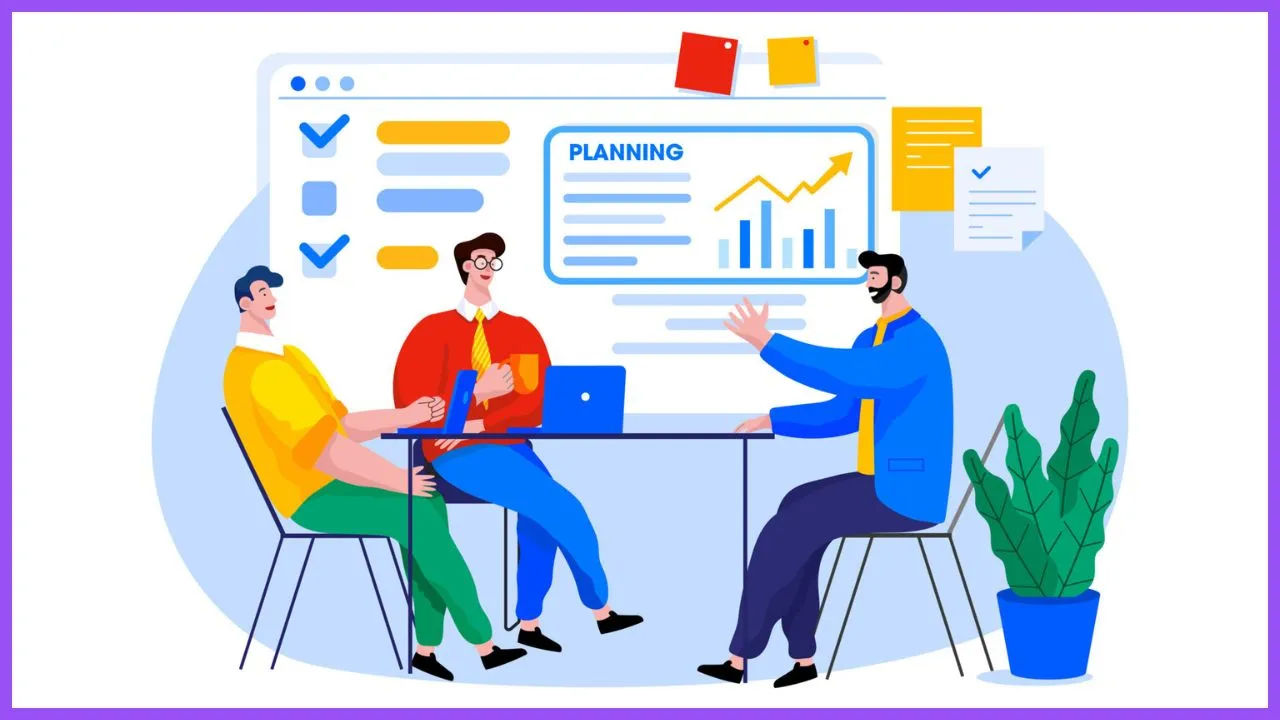
Table of Contents
Digital marketing has transformed the way businesses reach and engage with their audiences. By leveraging various online channels, digital marketing offers unparalleled opportunities for growth and customer interaction.
In this article, we will explore what digital marketing is, its different types, real-world examples, and the numerous benefits it brings to businesses.
What is Digital Marketing?
Digital marketing refers to the use of digital channels, platforms, and technologies to promote products, services, and brands. Unlike traditional marketing, which relies on mediums like print and television, digital marketing utilizes the internet and electronic devices to reach consumers.
Types of Digital Marketing
Digital marketing encompasses a variety of strategies, each with its unique approach and benefits. Here are some of the most common types:
1. Search Engine Optimization (SEO) SEO involves optimizing a website to rank higher in search engine results pages (SERPs). It focuses on improving website content, structure, and usability to attract organic traffic from search engines like Google.
2. Content Marketing Content marketing revolves around creating and distributing valuable, relevant content to attract and engage a target audience. This can include blog posts, articles, videos, infographics, and more.
3. Social Media Marketing (SMM) SMM uses social media platforms like Facebook, Instagram, Twitter, and LinkedIn to promote products and services, engage with customers, and build brand awareness.
4. Pay-Per-Click (PPC) Advertising PPC advertising involves paying a fee each time an ad is clicked. These ads appear on search engines, social media platforms, and other websites, driving traffic to a business's site.
5. Email Marketing Email marketing involves sending targeted emails to a list of subscribers to promote products, share news, or provide valuable content. It's an effective way to nurture leads and maintain customer relationships.
6. Affiliate Marketing Affiliate marketing is a performance-based strategy where businesses reward affiliates for driving traffic or sales through their marketing efforts.
7. Influencer Marketing Influencer marketing leverages individuals with a large online following to promote products or services. Influencers can be celebrities, industry experts, or everyday consumers with a significant social media presence.
8. Video Marketing Video marketing involves creating and sharing videos to promote a brand, product, or service. This can include tutorials, product demos, customer testimonials, and more.
Examples of Digital Marketing
Nike's "Just Do It" Campaign Nike's famous "Just Do It" campaign utilizes various digital marketing strategies, including social media, influencer partnerships, and video marketing, to engage audiences and promote its brand message.
Coca-Cola's Share a Coke Campaign Coca-Cola's "Share a Coke" campaign personalized bottles with popular names and encouraged customers to share photos on social media. This campaign successfully combined social media marketing and user-generated content to boost brand engagement.
HubSpot's Inbound Marketing Strategy HubSpot uses content marketing and SEO to attract and convert customers. By offering valuable resources like blog posts, ebooks, and webinars, HubSpot educates its audience and generates leads.
Benefits of Digital Marketing
1. Cost-Effective Digital marketing is generally more affordable than traditional marketing methods. Businesses can reach a large audience with a relatively small budget, especially with strategies like social media marketing and email marketing.
2. Measurable Results Digital marketing allows businesses to track and measure the performance of their campaigns in real time. Metrics such as website traffic, conversion rates, and ROI provide valuable insights into the effectiveness of marketing efforts.
3. Targeted Advertising Digital marketing enables precise targeting based on demographics, interests, behaviors, and more. This ensures that marketing messages reach the most relevant audience, increasing the likelihood of conversions.
4. Enhanced Customer Engagement Digital marketing facilitates direct interaction with customers through social media, email, and other channels. This engagement builds stronger relationships and fosters customer loyalty.
5. Global Reach The Internet has a global audience, allowing businesses to expand their reach beyond geographical boundaries. Digital marketing provides opportunities to connect with potential customers worldwide.
6. Flexibility and Adaptability Digital marketing campaigns can be easily adjusted and optimized based on performance data. This flexibility allows businesses to quickly respond to market changes and improve their strategies.
Conclusion on What is Digital Marketing
Digital marketing is a dynamic and essential component of modern business strategy. By understanding its various types, real-world applications, and benefits, businesses can effectively leverage digital channels to achieve their marketing goals.
Embracing digital marketing not only enhances brand visibility and customer engagement but also drives growth and success in the competitive online landscape.
Take Your Digital Marketing to the Next Level!
Ready to boost your digital marketing efforts? Contact Softhat IT Solutions today to discover how our expert team can help you achieve your business goals. Visit our website or reach out to us for more information.
